Boris Pistorius has repeatedly argued for the reinstatement of military service, which was suspended in 2011. On May 27, the defense minister presented his plans to his party's board. However, contrary to initial reports, what he outlined is probably not based solely on voluntary service, the Kreiszeitung wrote.
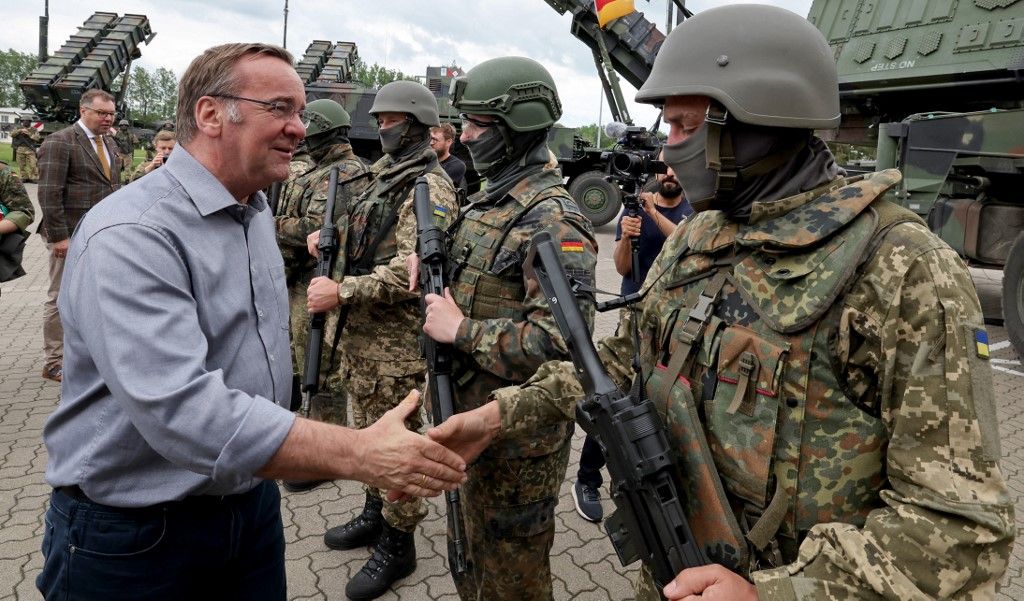
In terms of communication, the reinstatement of conscription is being introduced now, Zoltan Kiszelly, head of political analysis at Szazadveg Foundation, told Magyar Nemzet.
Survey findings published in the German media show that half of Germans now support the restoration of conscription. Pistorius is a vocal advocate, with Manfred Weber backing him,
the expert pointed out.
"It won't work without compulsory service"
Pistorius wants to recruit more than twenty thousand new soldiers to make up for the Bundeswehr's understaffing and increase its defense capabilities. To achieve this goal, the defense ministry hopes that compulsory military service can be brought back. German newspapers have previously put the emphasis on voluntary service,
but Boris Pistorius made it clear: "It will not work without compulsory service."
The defense minister told the Zeit Online that in the medium term, a regulation should allow young people to be drafted against their will.
Reinstating conscription in Germany is dangerous, because what the Germans implement will later appear at EU level,
the expert pointed out.
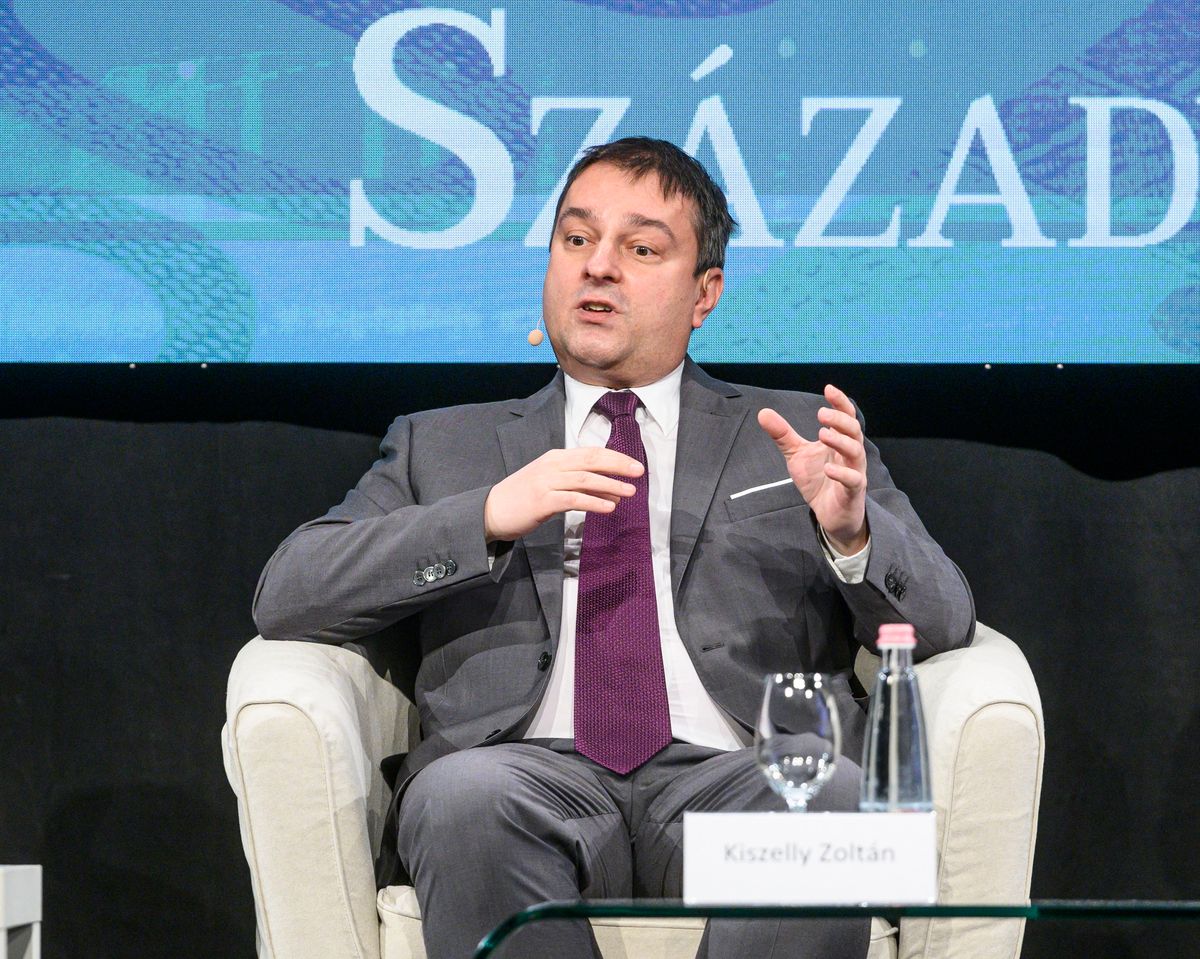
The German practice will sooner or later become European practice, and this is what makes this German initiative dangerous, Zoltan Kiszelly stressed.
The introduction of conscription is necessary - obviously after the elections - so that by the time the Ukrainians run out and the current Western soldiers run out, there will be replacements to send to the meat grinder, warns the expert.
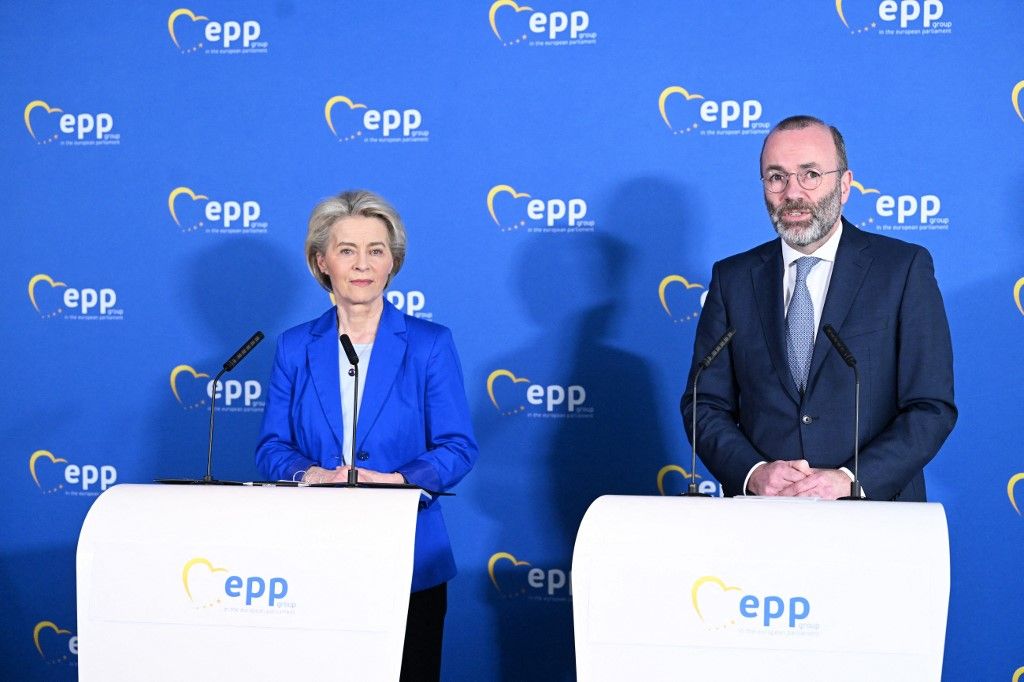
Conscription has been restored in several countries, so Europeans cannot say that they did not know. Later it can be argued that the issue did come up and EU citizens voted knowing this. Manfred Weber can also say this, the expert noted.
Next year the EU wants to switch to majority voting, and this is why European conscription is threatening, because they also want to move to majority voting on all issues in foreign and security policy,
he added.
In addition, from the autumn, there will be a so-called defense minister, officially defense commissioner, who will be in charge of coordinating arms procurement, but we will see that later the commissioner will be also tasked with overseeing military training, Zoltan Kiszelly said.
The idea of bringing back conscription in Germany has met with strong opposition strong opposition from Alexander Muller, spokesman for defense policy in the FDP parliamentary group in the Bundestag. Muller was clearly against the reintroduction of compulsory military service, which he called "a massive violation of freedom and civil rights".
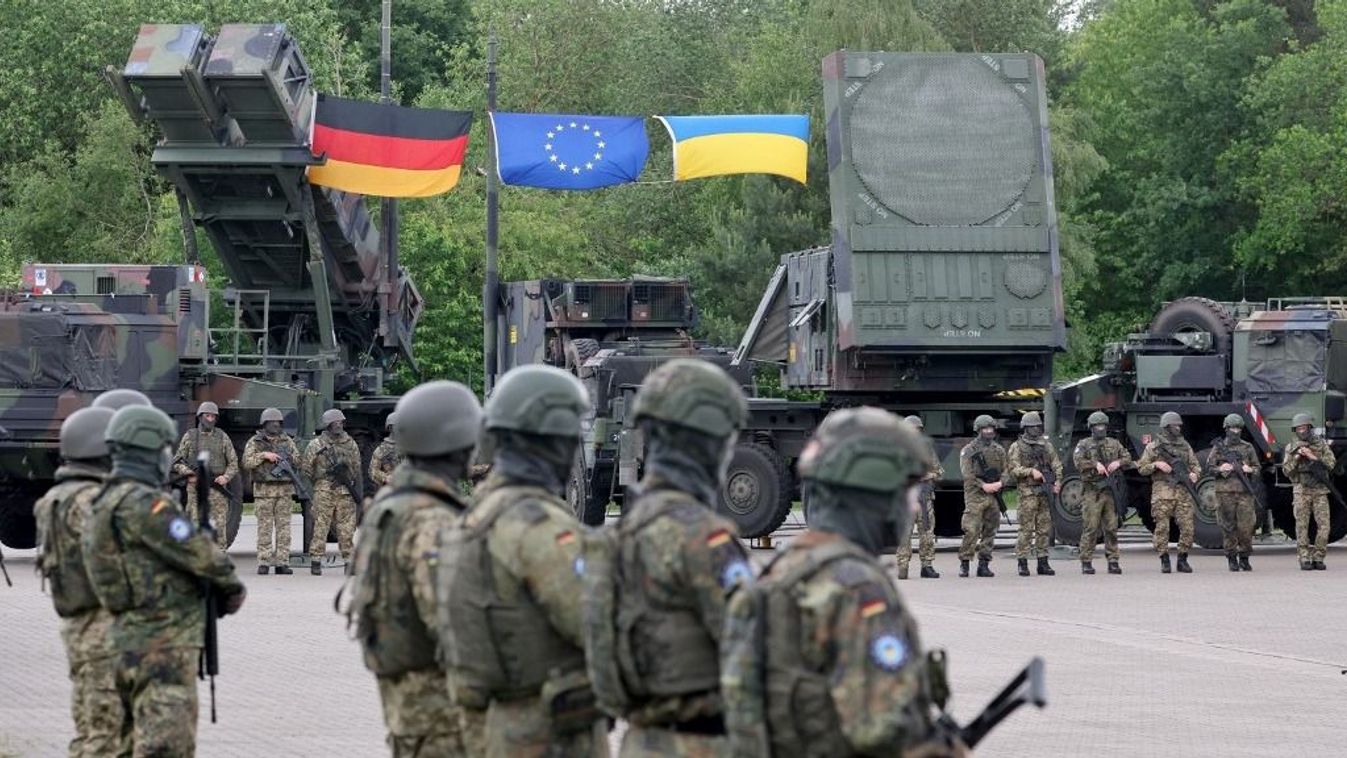
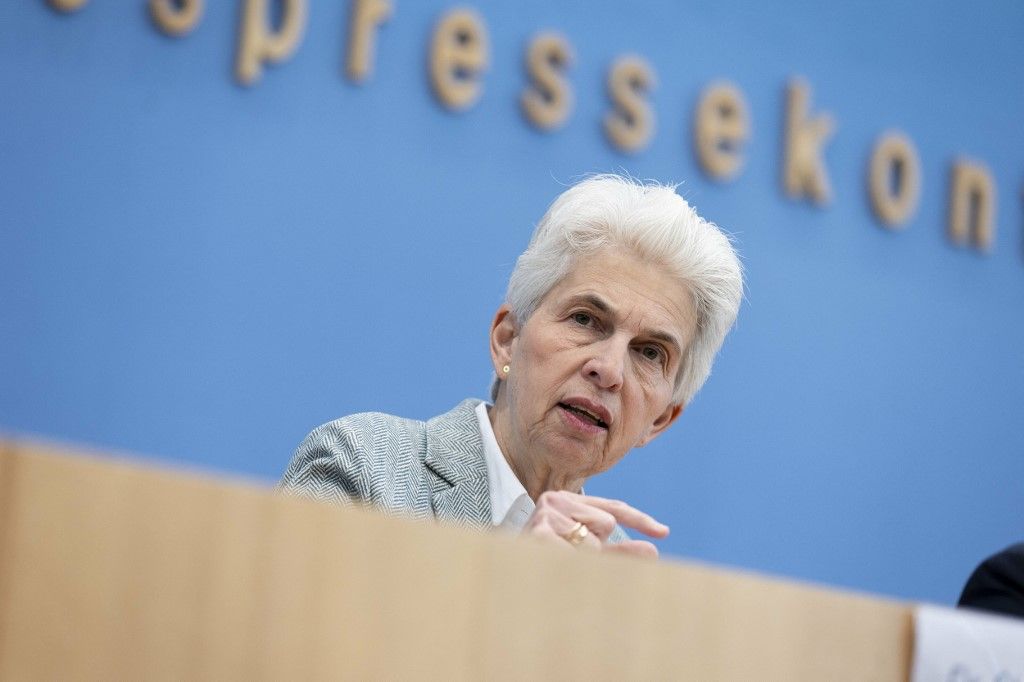
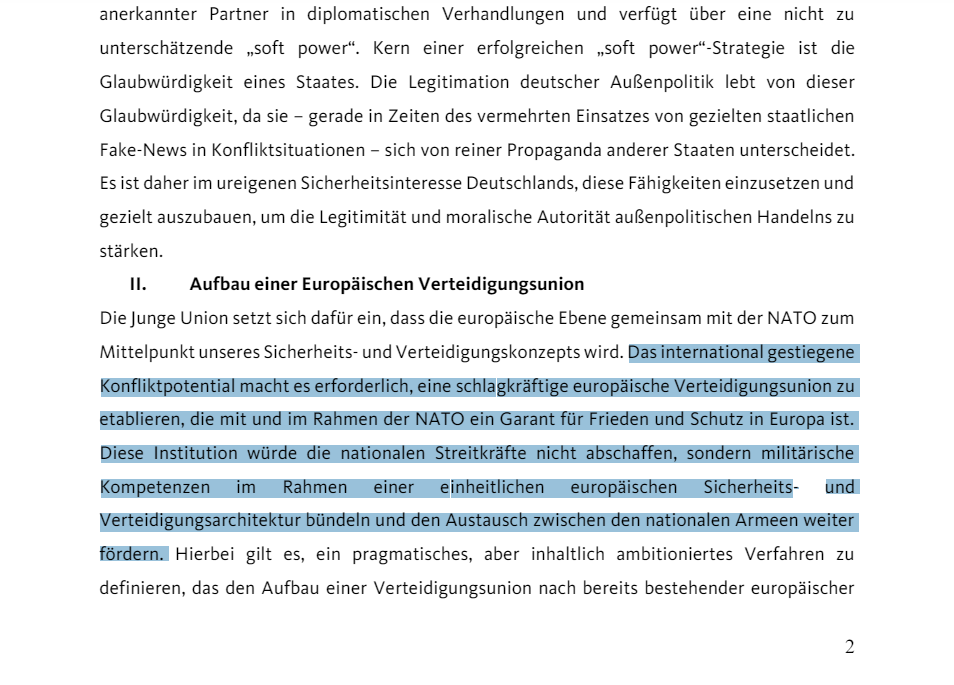
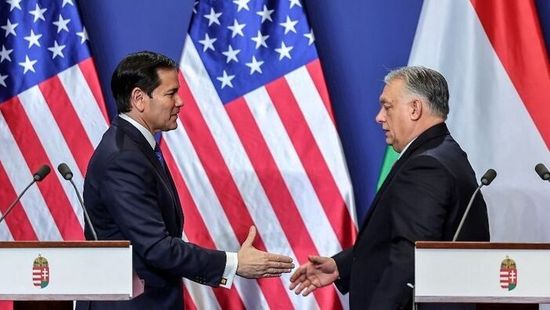

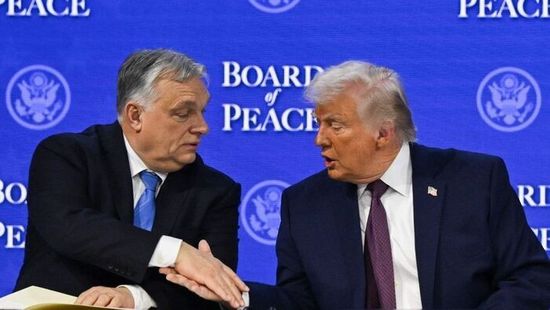
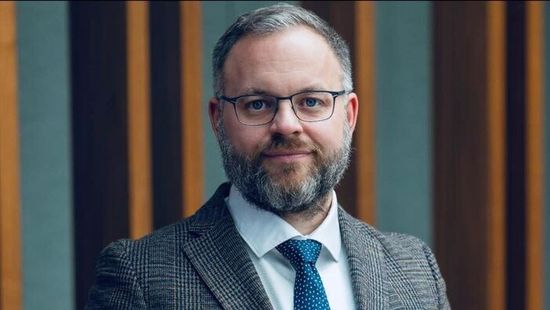

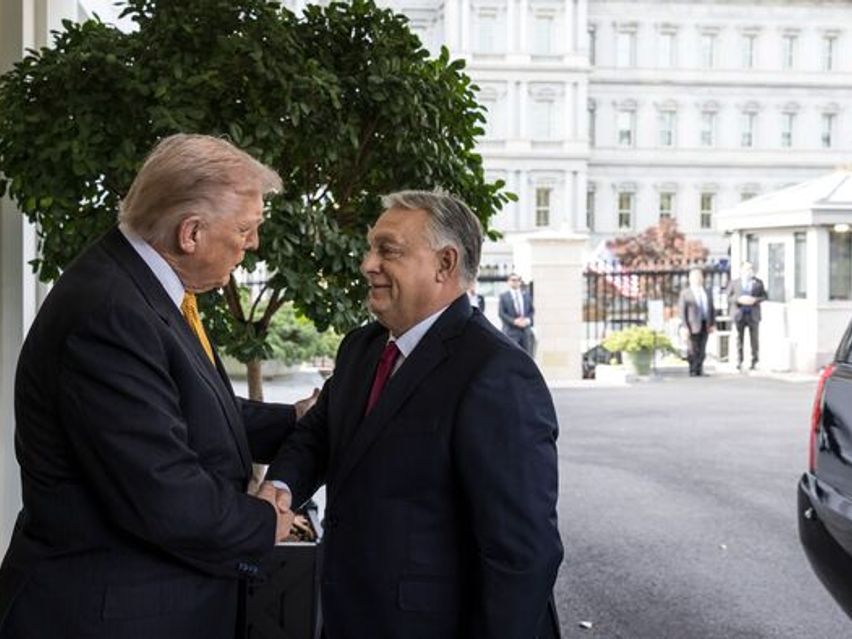

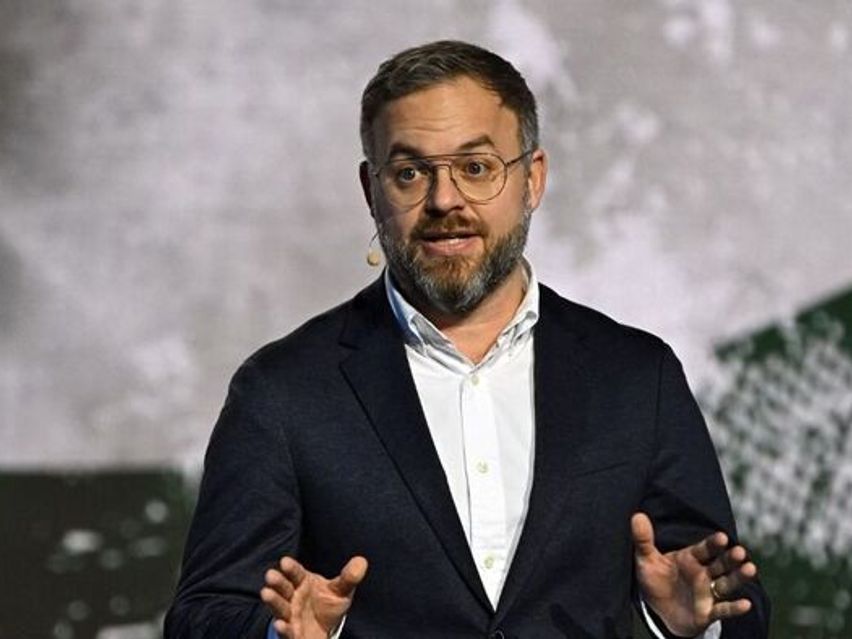



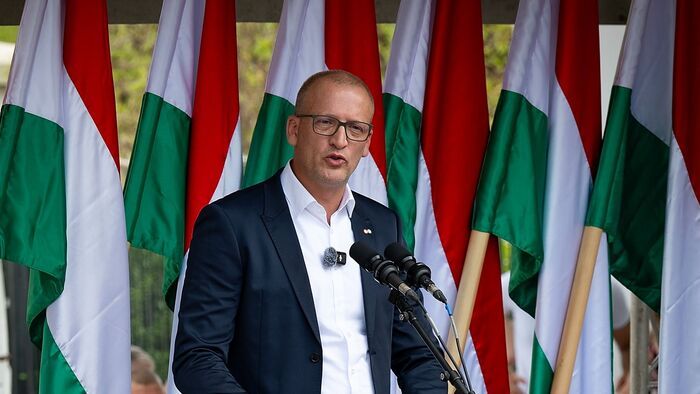
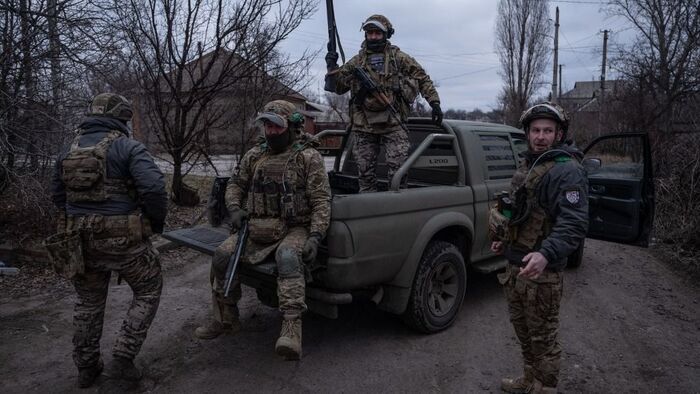

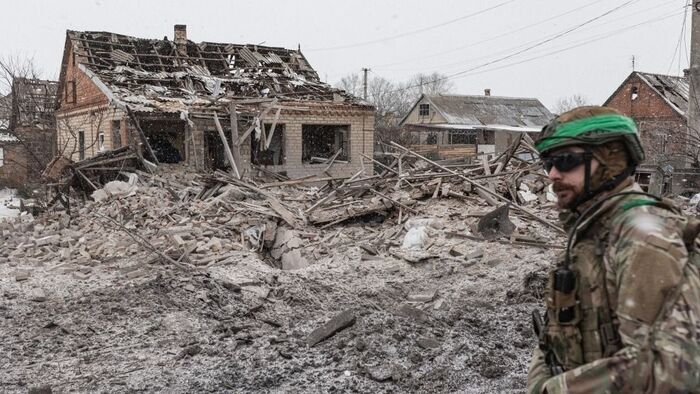







Szóljon hozzá!
Jelenleg csak a hozzászólások egy kis részét látja. Hozzászóláshoz és a további kommentek megtekintéséhez lépjen be, vagy regisztráljon!